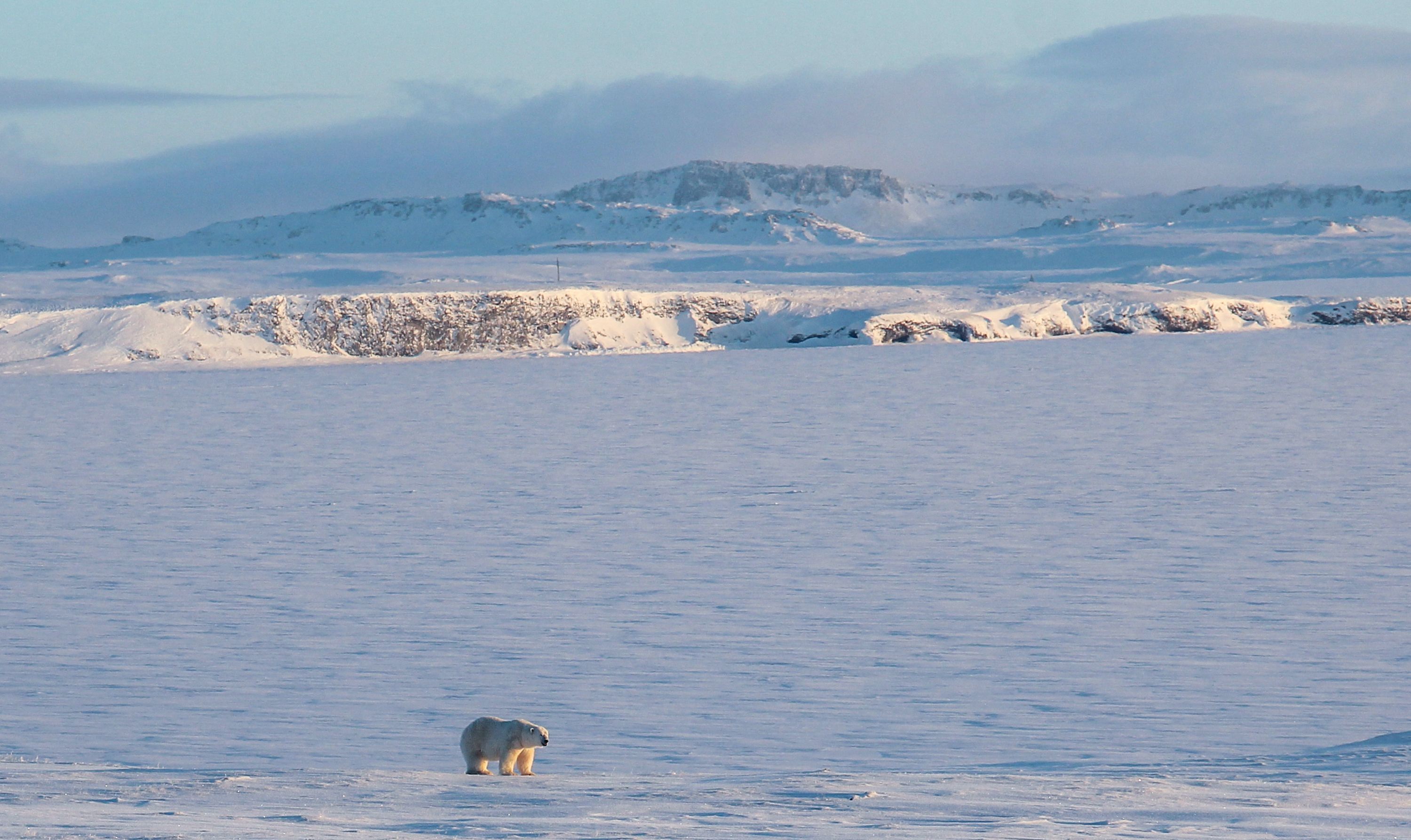Arctic has warmed three times faster than Earth since 1971: Report
Sign up now: Get ST's newsletters delivered to your inbox

Since 1971, the Arctic's average annual temperature rose by 3.1 deg C compared to 1 deg C for the planet as a whole.
PHOTO: AFP
Follow topic:
OSLO (AFP) - The Arctic warmed three times faster than the planet as a whole between 1971 and 2019, a higher rate than previously thought, a scientific report warned Thursday (May 20).
Each fraction of a degree makes a big difference: the chances of the ice disappearing entirely in summer - before freezing again in winter - are 10 times greater if Earth's temperature rises by 2 deg C than if it rises by 1.5 deg C, goals laid out by the Paris Accord.
The alarming data is part of a report by the Arctic Monitoring and Assessment Programme (Amap), published to coincide with a ministerial meeting this week of the Arctic Council in Reykjavik gathering countries bordering the region.
"An important update is that the increase in Arctic annual mean surface temperature (land and ocean) between 1971 and 2019 was three times higher than the increase in the global average during the same period. This is higher than reported in previous Amap assessments," the report's authors said.
The previous update, in 2019, said annual average warming in the Arctic was "more than twice the global mean, with higher increases in winter".
In less than half a century, from 1971 to 2019, the Arctic's average annual temperature rose by 3.1 deg C compared to 1 deg C for the planet as a whole, according to the updated report.
"Under most (greenhouse gas) emission scenarios, the vast majority of ... models project the first instance of a largely sea-ice-free Arctic in September occurring before 2050," the report said.
September is usually the month with the least sea ice.
"The probability of an ice-free Arctic summer is 10 times greater under a 2 deg C global warming scenario compared with a 1.5 deg C scenario," the researchers said.
According to forecasts cited in the report, by the end of the century average temperatures in the Arctic are expected to rise by between 3.3 and 10 degrees above the average for the period 1985-2014, with the final figure depending on future greenhouse gas emissions.

